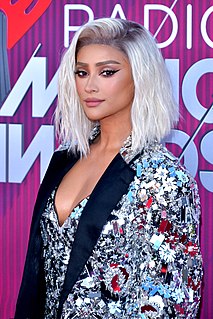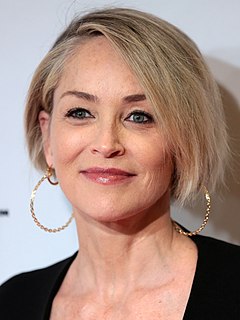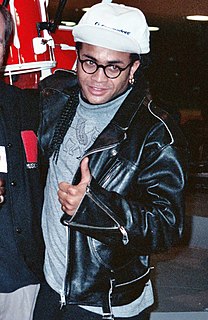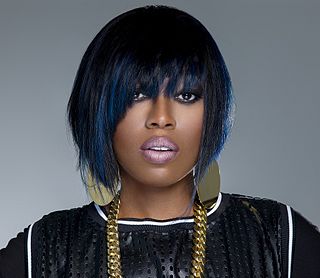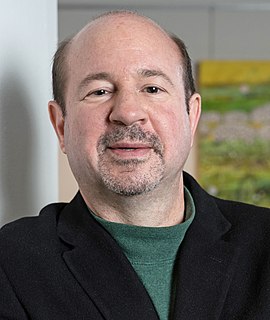A Quote by John Travolta
I was just thinking of James Dean and Marilyn Monroe and how young they were when they died. I would like to be a pop icon who survives. I would like to be a living icon.
Related Quotes
Every time I go to Europe, I remember that James Dean never saw Europe, but yet I see his face everywhere. There's James Dean, Humphrey Bogart and Marilyn Monroe - windows of the Champs Elysees, discos in the south of Spain, restaurants in Sweden, t-shirts in Moscow. My life was confused and disoriented for years by his passing. My sense of destiny destroyed - the great films he would have directed, the great performances he would have given, the great humanitarian he would have become, and yet, he's the greatest actor and star I have ever known.
An icon means nothing to me. I don't understand what it means to anybody actually. It seems like a word of convenience. It seems to attend to the huge success of certain kinds of movies that I did, but there's no personal utility in being an icon. I don't know what an icon does, except stand in a corner quietly accepting everyone's attention. I like to work, so there's no utility in being an icon.
Just like Marilyn Monroe is a lot of girls' idol, that's how I feel about Dorothy Dandridge. And she any Marilyn were very close friends. She went through a lot, and people told her that she couldn't do certain things, but she didn't let that bother her. She said in her mind that she was going to do them and that nothing was impossible, and she did it. It was so sad... She died from drugs, and drinking as well.





